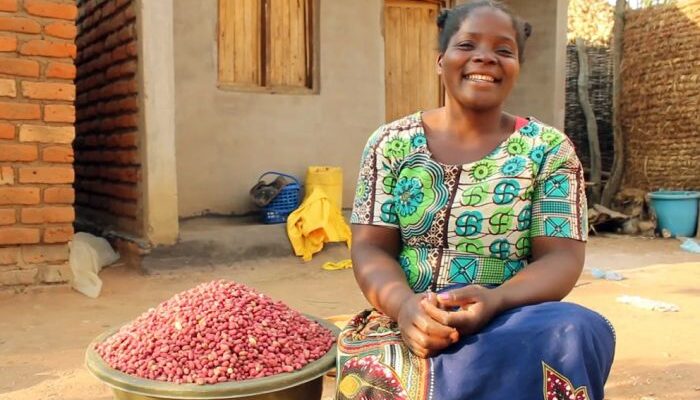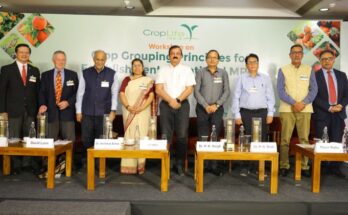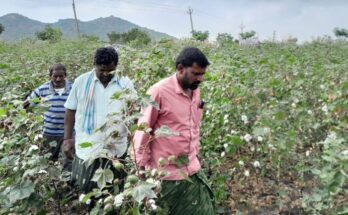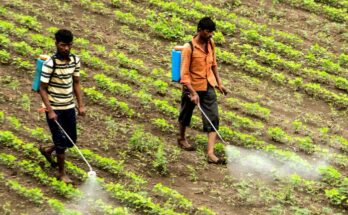This World Food Safety Day, June 7, 2024, the International Crops Research Institute for the Semi-Arid Tropics (ICRISAT) sheds light on the health risks of aflatoxin contamination in groundnut. In line with this year’s theme, “Prepare for the Unexpected,” the organisation underscores successful farm-level interventions to tackle this issue.
Groundnut kernels, prized for their oil content, are a nutritional powerhouse, rich in protein, antioxidants, essential minerals, and vitamins, and a staple in diets worldwide. Developing countries produce nearly 95 per cent of the world’s groundnuts, with India and China contributing the majority. Other key producers include Nigeria, Senegal, Sudan, and Argentina.
Aflatoxin’s Impact on Human Health
Aflatoxin, known as the “hidden poison,” severely affects human health, particularly in children. It causes delayed development, stunted growth, severe liver damage, and increases the risk of liver cancer. Contaminated crops expose millions to chronic aflatoxin exposure, leading to health issues and economic losses for farmers due to rejected produce.
You may also like to read – Nuclear technologies offer unique tools to set science-based global food safety standards: FAO
The aflatoxin-producing strains that commonly infect groundnuts are Aspergillus flavus and Aspergillus parasiticus. The International Agency for Research on Cancer has classified them as Group 1 carcinogens, a proven human carcinogen, based on their toxicity and prevalence in milk.
Drinking milk from dairy animals that have eaten feed contaminated with aflatoxin can increase the risk of cancer. This is a significant food safety concern globally.
ICRISAT’s Solutions
ICRISAT’s expertise includes developing tolerant cultivars, optimal harvesting and drying techniques, and control agents. Over the years, several awareness campaigns have also been conducted.
cELISA Detection Kit: This affordable, fast, and simple test kit reduces testing costs from US$25 to US$1 per sample, delivering results comparable to high-performance liquid chromatography (HPLC) tests. It can analyse up to 200 samples daily, even in remote areas, and has helped the National Smallholder Farmers’ Association of Malawi (NASFAM) regain the European groundnut export market. The kit is also used in Mali, Niger, and Nigeria.
You may also like to read – Rice Fallow Cultivation: Women farmers in Odisha lead the change with the second crop
Comprehensive Guide: The publication “How to Reduce Aflatoxin Contamination in Groundnuts and Maize: A Guide for Extension Workers” helps farming communities in Malawi and similar regions worldwide.
Hermetic Storage: ICRISAT’s study on triple-layer Purdue Improved Crop Storage (PICS) bags shows that they protect groundnut pods from quality deterioration, pest damage, and contamination by aflatoxin.
Towards Full Resistance to Aflatoxin
Developing resistant groundnut varieties is the most economical solution to aflatoxin contamination.
Recent ICRISAT research has identified a natural defence mechanism in groundnuts against fungal infection, paving the way for future breeding of fully resistant varieties.
This study is crucial for advancing research aimed at eliminating the issue at its source, saving both cost and effort.




